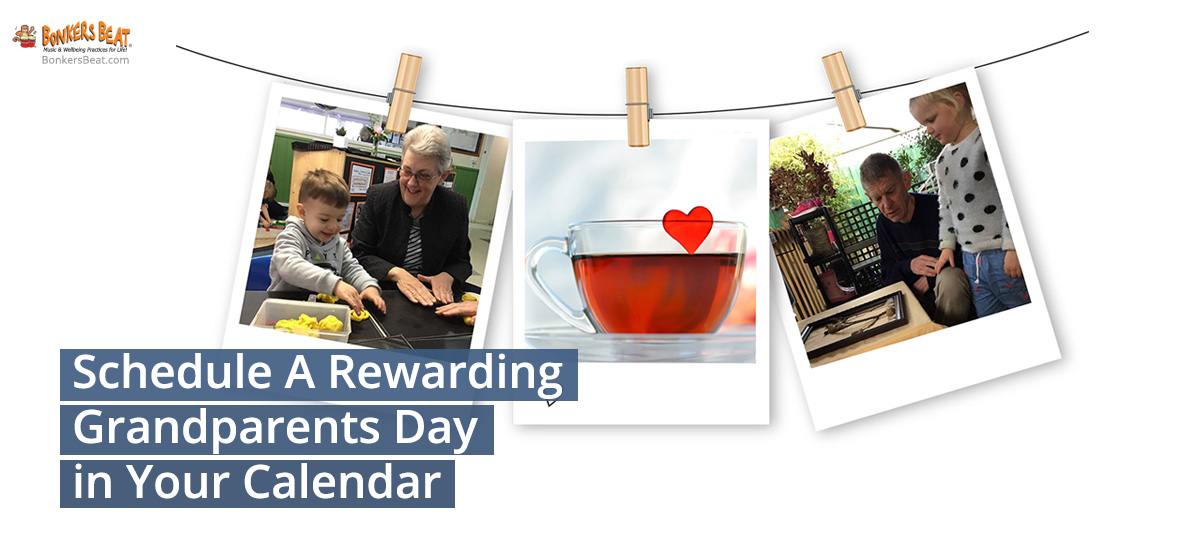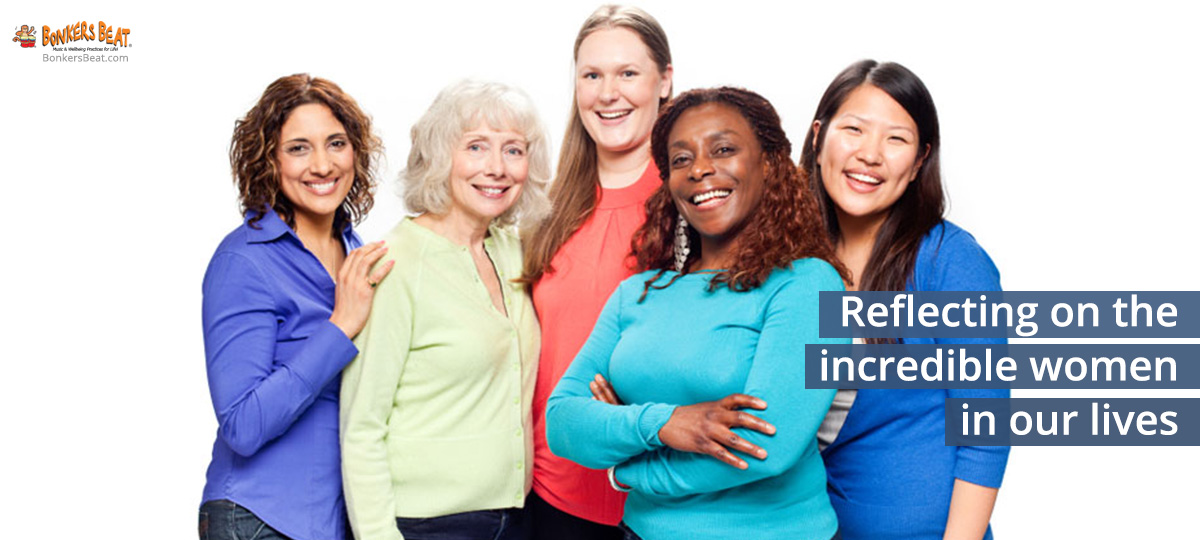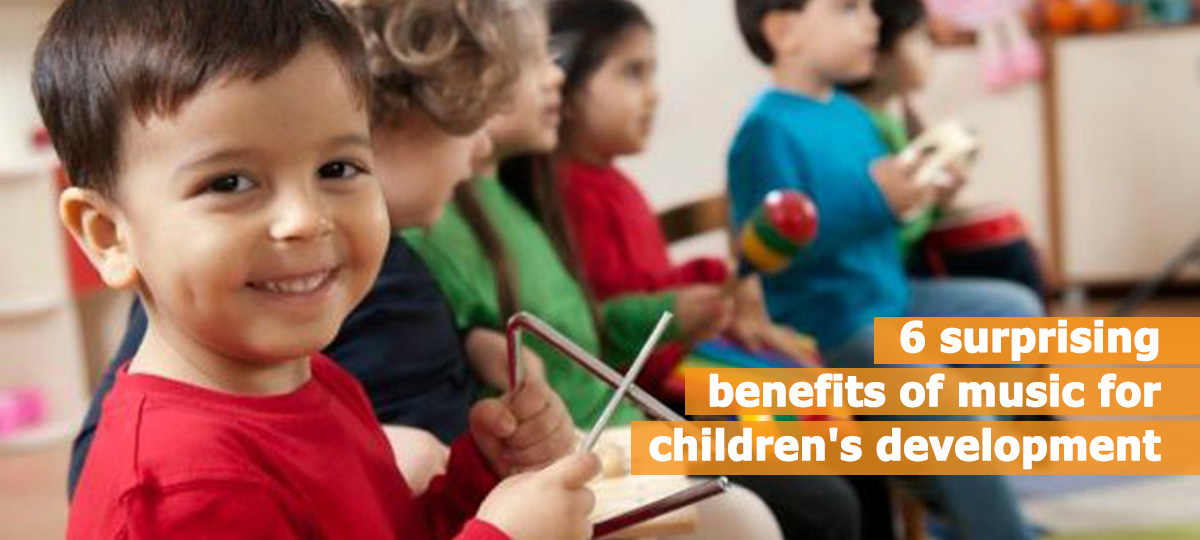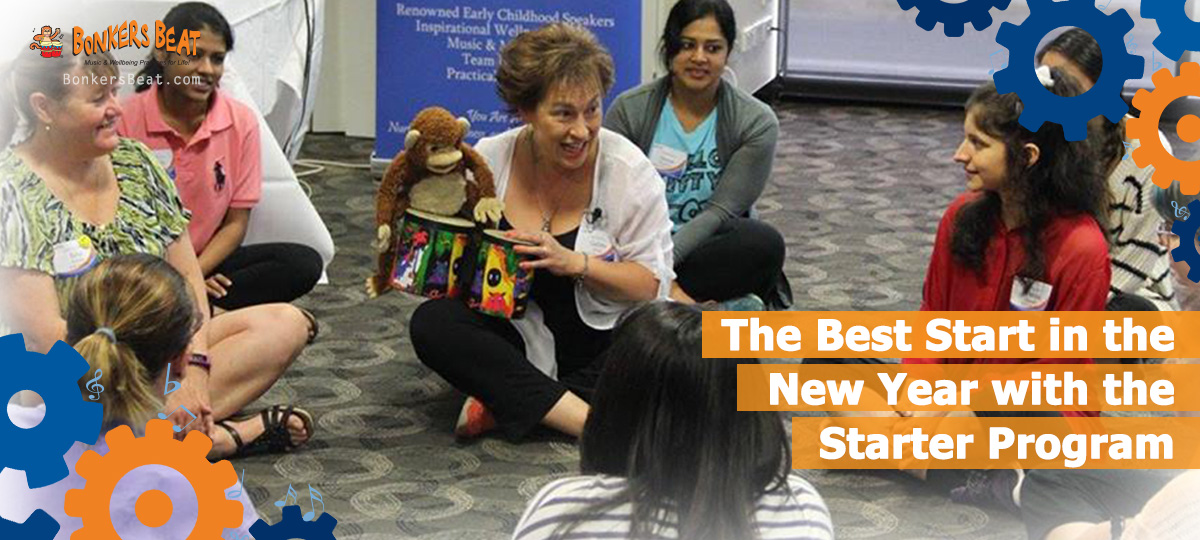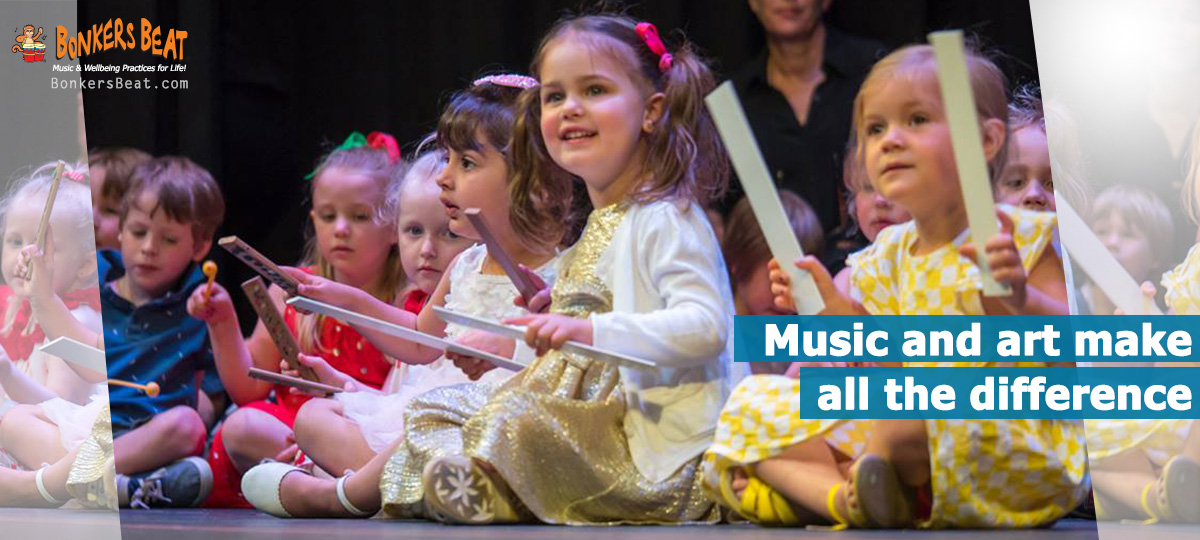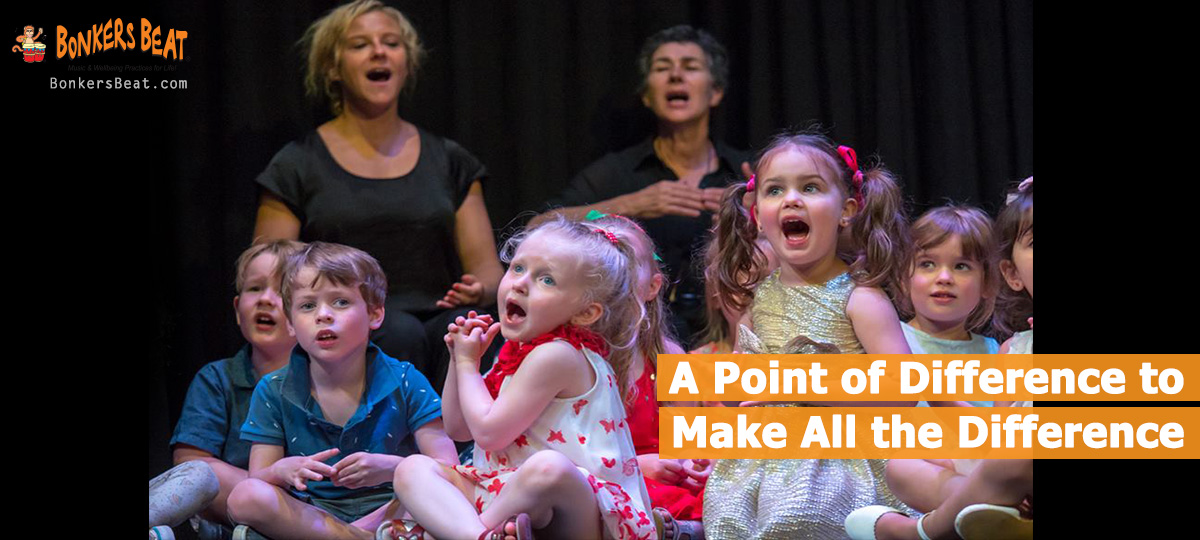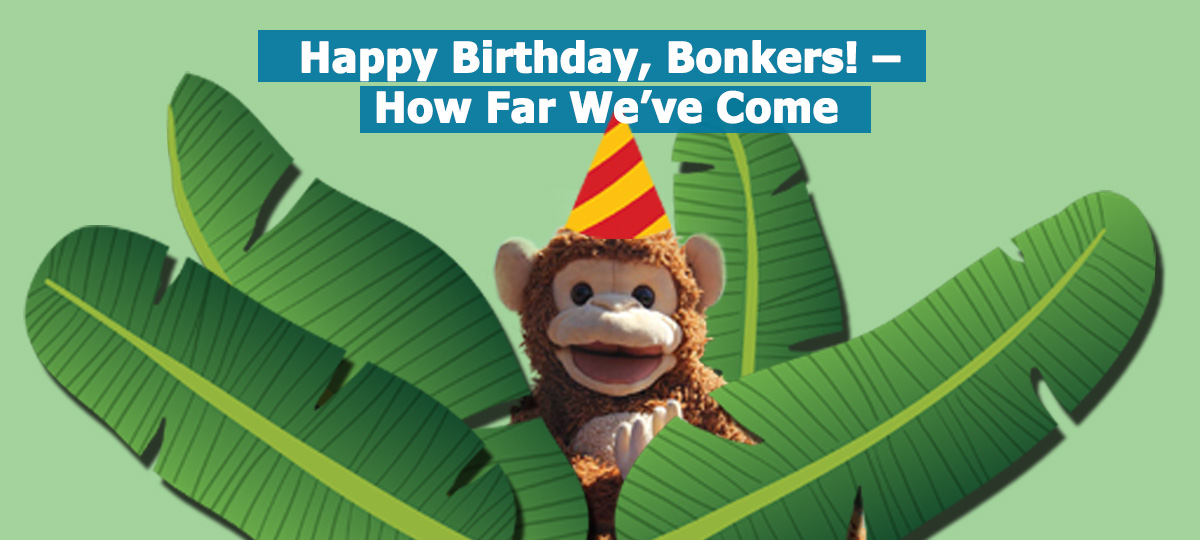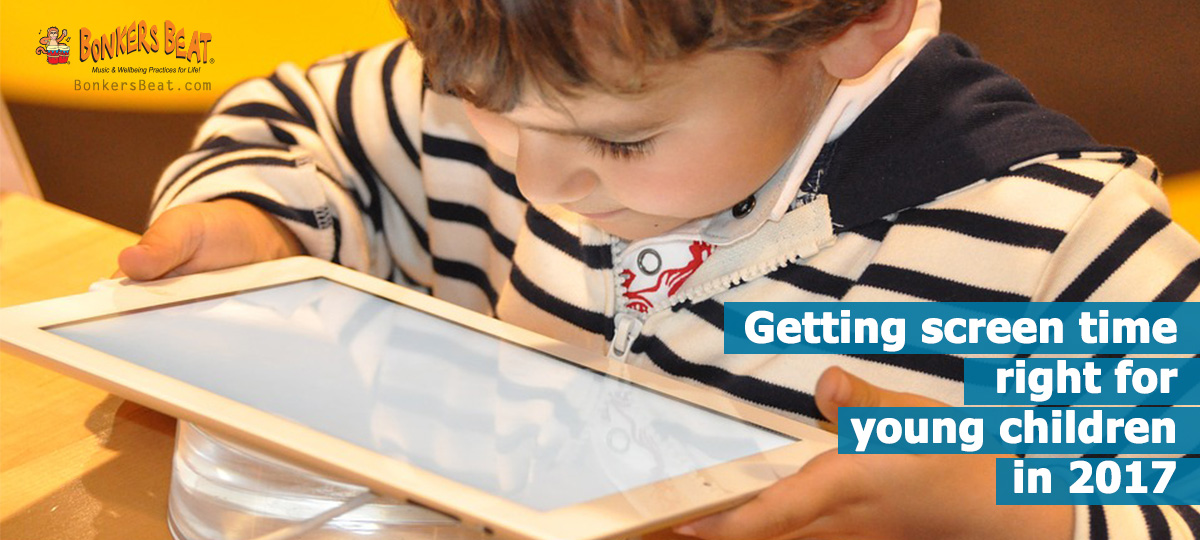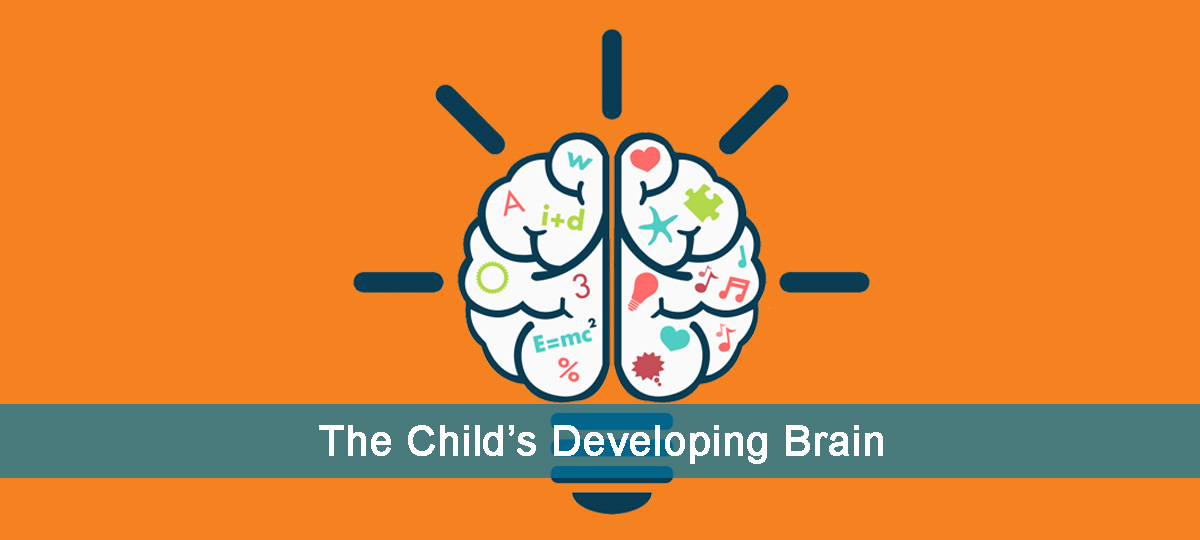The relationship between grandchildren and grandparents is one that is mutually beneficial and offers many incredible rewards for all involved. It is certainly a relationship that deserves recognition and celebration. With Mothers Day in May and Fathers Day in September, we always find July is the perfect time to host a Grandparents Day in centres.
Benefits of Family Relationships For Children
Did you know involving parents in children’s pre-school and school life is linked to closer bonds with children, increased resilience and overall family wellbeing? Involving grandparents is beneficial to strengthening family bonds and further improving the wellbeing of young children.
This is why each year we encourage all providers of early childhood education to fit in a day dedicated to celebrating grandparents.
Research has shown there are mental health benefits in maintaining a good relationship with grandparents as children get older. Both parties are less likely to suffer from depression as a result of their bond. In fact, the same researchers highlighted the benefits of extended family for children, saying that these relationships are more important today than ever before.
Thoughtful Ways To Share The Love With Grandparents
Grandparents and children’s special friends enjoy spending any quality time with children, but these ideas can enhance the celebration at a morning or afternoon tea at your centre:
- Create an ‘I Love You because…’ card and children can offer a special reason
- Create a photo frame as a gift
- Create a collage together of things that remind them of their relationship
- Sing some special songs together
- Play instruments together in a music session
- All children act out a favourite book for the grandparents/special friends
- Yoga and wellbeing activities with grandparents/special friends
- Grandparents/special friends may enjoy sharing a snack with the children
- Children might like to give grandparents/special friends a tour of their room
Click here to find some great printables and other ideas for your Grandparents and a Special Friend Day.
Keep It Inclusive
The relationship between grandparents and their grandchildren can be varied – some are very close and play a huge role, while others may not be as close and perhaps even live far away or are no longer with us.
It can be a good idea to invite children to celebrate grandparents and special friends, so an aunty, uncle, godparent or family friend can attend too. This gives families the opportunity to celebrate grandparents if they wish or celebrating someone else special in children’s lives if it’s more appropriate for them.
Take a look at our very own ‘Grandparents and Special Friends Afternoon Tea’ celebrations from last year at Bonkers Beat Music Kinder for further inspiration: http://bit.ly/2NMsvDm

